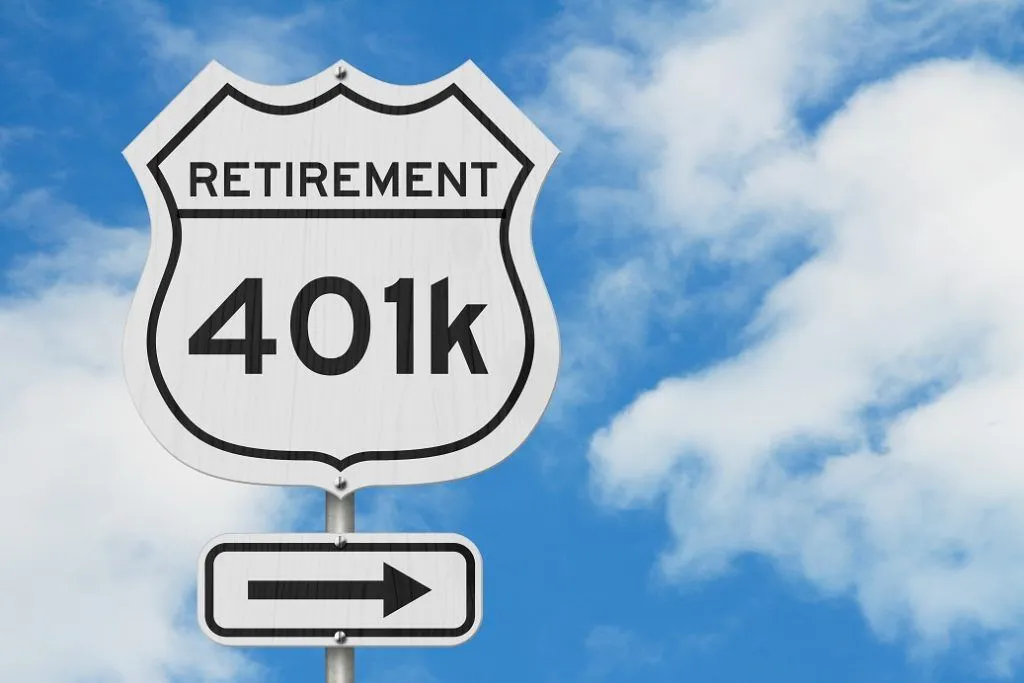As 401(k)s come under immense scrutiny, one expert suggests employees tap into other savings plans.
Wealth Enhancement Group Senior Vice President and financial adviser Nicole Webb, whose firm specializes in plan design for business owners, suggested that the average employee go beyond having a 401(k).
“I would say for most folks watching, don’t leave money on the table,” she expressed during her appearance on “Making Money” Wednesday.
She added: 401(k)s “were never designed” to be a retirement plan.
“Most employers are using the retirement plan as a part of your total compensation when they think about the cost per employee. And that generally requires, as you see in this Vanguard study, that most employers are requiring their employees to contribute to get something in return,” she said.
Webb said there’s a lot of costs embedded in 401(k) plans and savings and investment plans are two “distinctly different things.”
“They were the third leg of a stool. It was Social Security and then what was more common when there was the inception of the 401(k), which was a pension, the second leg and then the third leg was the savings account, that excess bucket for additional liquidity that you could tap into over and above two fixed income streams,” she explained.
Webb said that now “a lot of the onus of retirement savings” has been put on employees.
“It’s really about getting ahead of ‘don’t make that the only place you’re saving money.’ And how are you building out the three legs of your stool,” she expressed.
In an effort to get in front of the issue, Vanguard released a recent report that acknowledged that top earning participants receive the most share of employer contributions. The report also noted that within income brackets, some people were simply more aggressive than others.
One-third of employees in every bracket seemingly dominate.
Webb also mentioned that “for those who have access to a Roth 401(k), you don’t have to worry about the same earnings levels that you have to worry about in a traditional 401(k).”
She said that two major changes have been made to the Roth 401(k). The first change is that there is “no mandatory distributions at future retirement ages” and the second is that employers can match your Roth 401(k).
“Lots of incentives if you’re willing to pay the tax today,” Webb commented.
“To not owe any tax in the future, which is a benefit, a massive benefit when you think about the growth,” she said.

